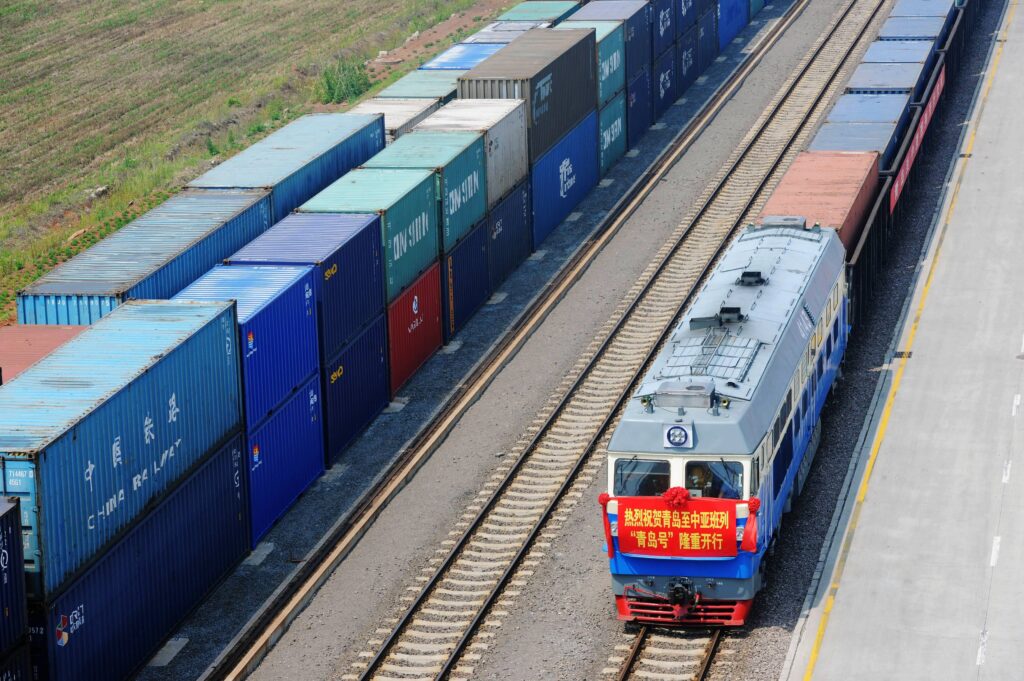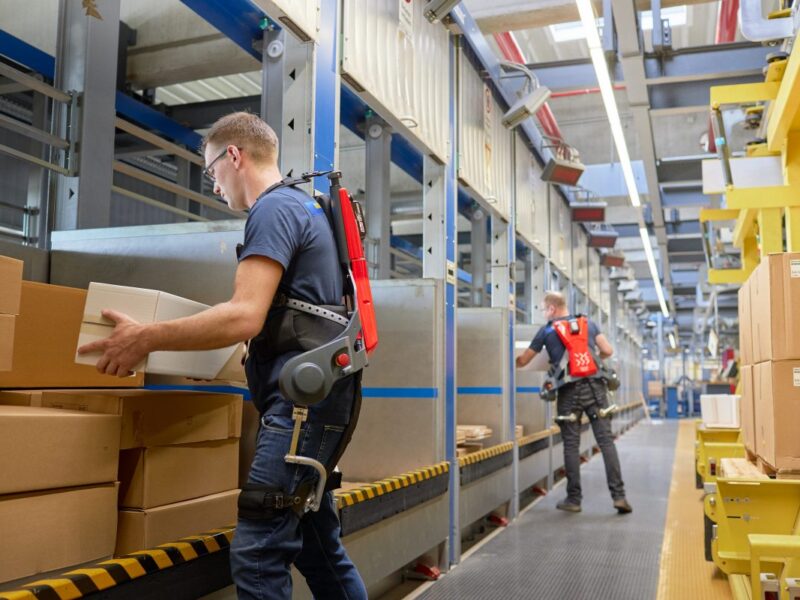
According to the German government, a quarter of companies in Germany have experienced a decline in revenues of more than 50% due to the coronavirus pandemic. More than 90% of companies have suffered a significant negative impact. Audit firm PricewaterhouseCoopers (PwC) predicted that gross value creation in European freight transport and logistics would fall sharply by 8.6%.
Even at the beginning of 2021, logisticians had little room for optimism. According to Statista, less than 70% of respondents believed that the impact of the coronavirus on their logistics company would be severe over the next three months. But in the face of the pandemic, the industry has remained in good shape.
Today, there is no doubt that supply chains have outsmarted the coronavirus. Logistics experts helped to find smart solutions to ensure the smooth delivery of goods. DB Cargo organized additional trains to transport pasta from Italy, while air carriers were reassigned to transport masks and medicines. The delivery of vaccines also went off without a hitch. Many companies even experienced growth.
Freight trains – an alternative to cars

Logistician Pierre Timmermans is a member of the sales board at DB Cargo. He called closed borders a huge challenge. Improvisation is on the agenda and freight trains have become an alternative to truck transport. Supply chains are predicted to become even more resilient. All logistics industries have experienced the strain and impact of the pandemic.
DB Cargo created a hotline and everyone easily switched to rail transport. A positive and new solution was the DB Cargo pasta trains, which transported pasta from Italy to Germany. DB Cargo services are widely used for the transportation of goods in different directions: packaging materials, pulp, raw materials for the production of hygiene products.


